After a mere 2338 days, Brisbane’s Olympic dream is realised
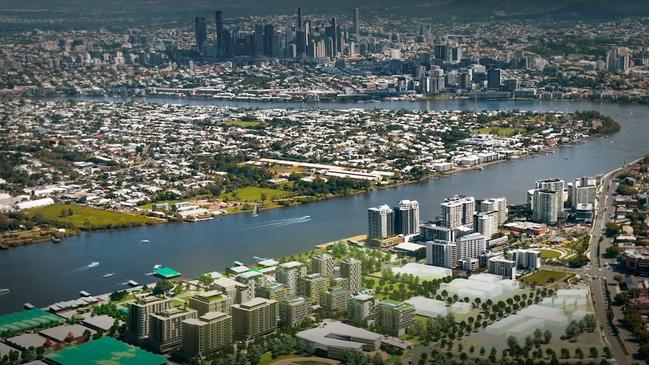
It had been lord mayor Roy Harvey who had launched Brisbane’s ambitious bid for the 1992 Olympics in the heady aftermath of the 1982 Commonwealth Games, but it was his immediate successor, Sallyanne Atkinson, who had breathed new life into the campaign and her then largely unknown chief executive, John Coates, who had given it focus and direction.
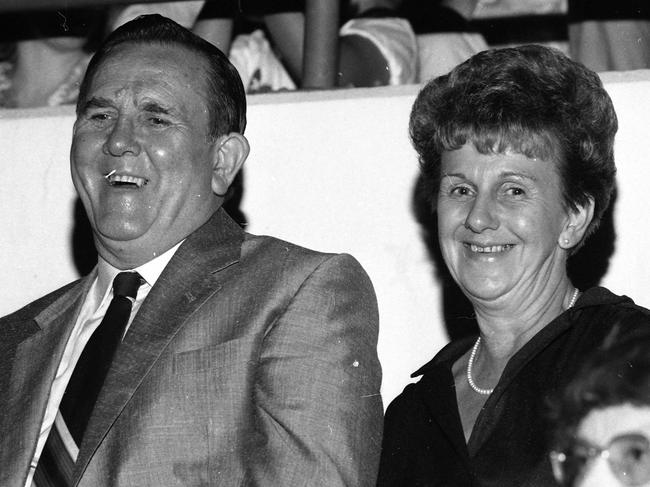
They didn’t quite pull it off, finishing a commendable third behind Barcelona and Paris, but their bold showing encouraged the big boys of the Australian Olympic movement, Melbourne and Sydney, to enter the race. Melbourne lined up, unsuccessfully, for 1996, Sydney for 2000. Brisbane, my hometown, was pushed rudely to the back of the queue, though most Queenslanders drew quiet satisfaction from the fact its unexpectedly strong showing had paved the way for Sydney’s ultimate triumph.
I had covered every step of the journey and by this stage was hooked for life, ultimately going on to cover the past eight Olympics for News Corp. Yet as much as I wanted Brisbane to experience the excitement and thrill of hosting an Olympics, I realised it would have to cool its jets in the aftermath of Sydney.
A dozen years was the least time between a nation staging the Games twice, the space between Los Angeles (1984) and Atlanta (1996), and frankly, Atlanta was doing the International Olympic Committee a huge favour in staging the Olympics. Brisbane – and I – needed to be patient.
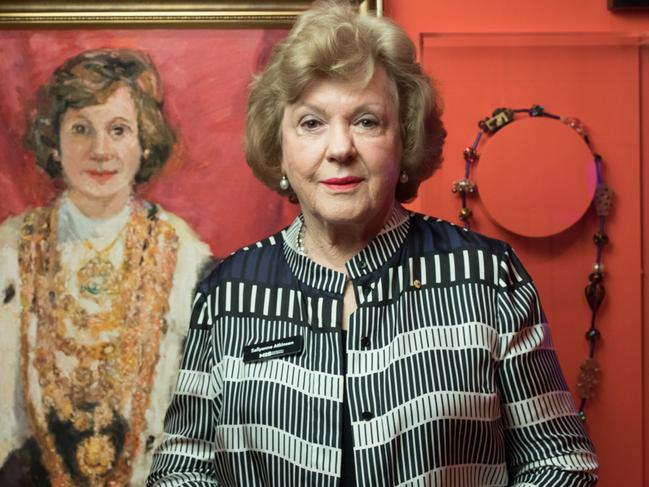
By 2015, I sensed the mood was changing. The IOC would not introduce its “New Norm” policy for another three years but already the Olympic reform process was gathering momentum. The entire Olympic bidding process was about to be turned on its head.
Instead of candidate cities being forced to show the IOC what they could do for the Olympic movement, the movement was now bending over backwards to help them.
The showcase architecture that had threatened to bankrupt many a host city was giving way to stadiums that could readily be downsized. Existing facilities could be called into use. The IOC was even prepared to accept temporary sites that could be removed following the Games.
Also working in Brisbane’s favour was its capacity to stage the Games at a time convenient to the northern hemisphere, July-August. Even the weather was beginning to work in its favour.
Emboldened, on February 25, 2015, I asked sports editor Wally Mason if in place of my usual rugby coverage I might devote that space to writing about a new Brisbane Olympic bid. He was fully supportive. Halfway through that column, it occurred to me that for any of this to have real meaning, I needed to get the input of the Brisbane lord mayor. Only he could sign off on a Games bid.
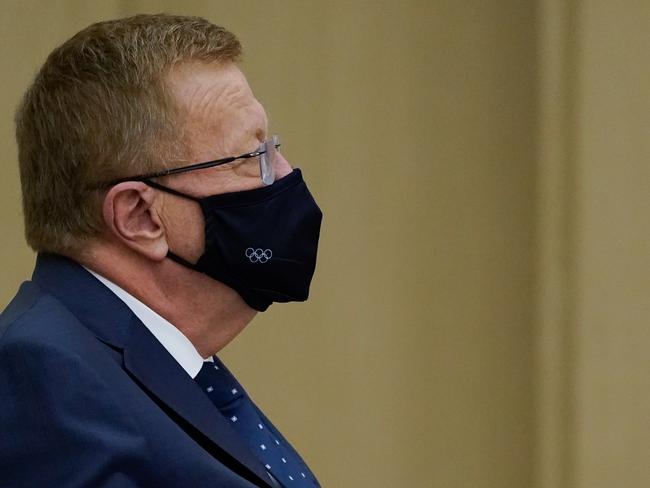
At first Graham Quirk was sceptical. “It’s a huge undertaking,” he cautioned. Yet he warmed quickly to the idea. “If Brisbane is going to do it, it will have to be in company with surrounding councils.”
“Is there any formal body linking these councils,” I asked? “Well yes,” he said, “the Council of Mayors.”
“When do they next meet?”
“Friday of next week, as it happens.”
“Can I say you’re considering putting a bid on the agenda?”
“Not sure about that,” he answered. But you could sense his excitement was becoming unstoppable. “Actually,” he corrected himself, “you can say that. In fact, you can say that I will be putting it on the agenda.”
The following day, I contacted all but one of the other mayors. All were prepared to at least listen. True to his word, Quirk took the proposal to the meeting, won approval for a pre-feasibility study and the rest, as they say, is history – a mere 2338 days later. Had it not been for his enthusiasm and theirs, it is unlikely Brisbane would have realised its Olympic destiny.
Australia has had so few nation-building projects. The Melbourne Games of 1956, the Snowy Mountain Scheme, the Sydney Olympics. And precious little else. Now Brisbane is about to have its turn.
Infrastructure projects that may have had to wait their turn, and then some, will be fast-tracked. Speaking of fast tracks, a high-speed – more likely higher-speed – rail link connecting the major population centres in southeast Queensland is an absolute necessity. But infrastructure comes in many guises and all will need to be addressed and upgraded.
An 11-year lead time will test our patience but on the flip side, no host city in Olympic history has been afforded such a long period to prepare. It gives us an opportunity to wow the world.
Let the preparations begin.
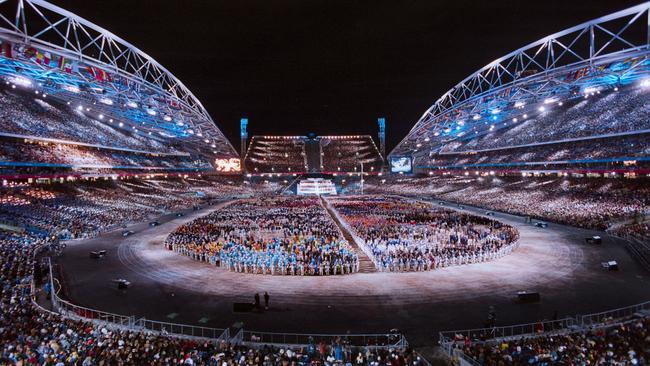



A dream that had stirred restlessly for nearly four decades was realised last night when Brisbane was awarded the 2032 Olympic Games.